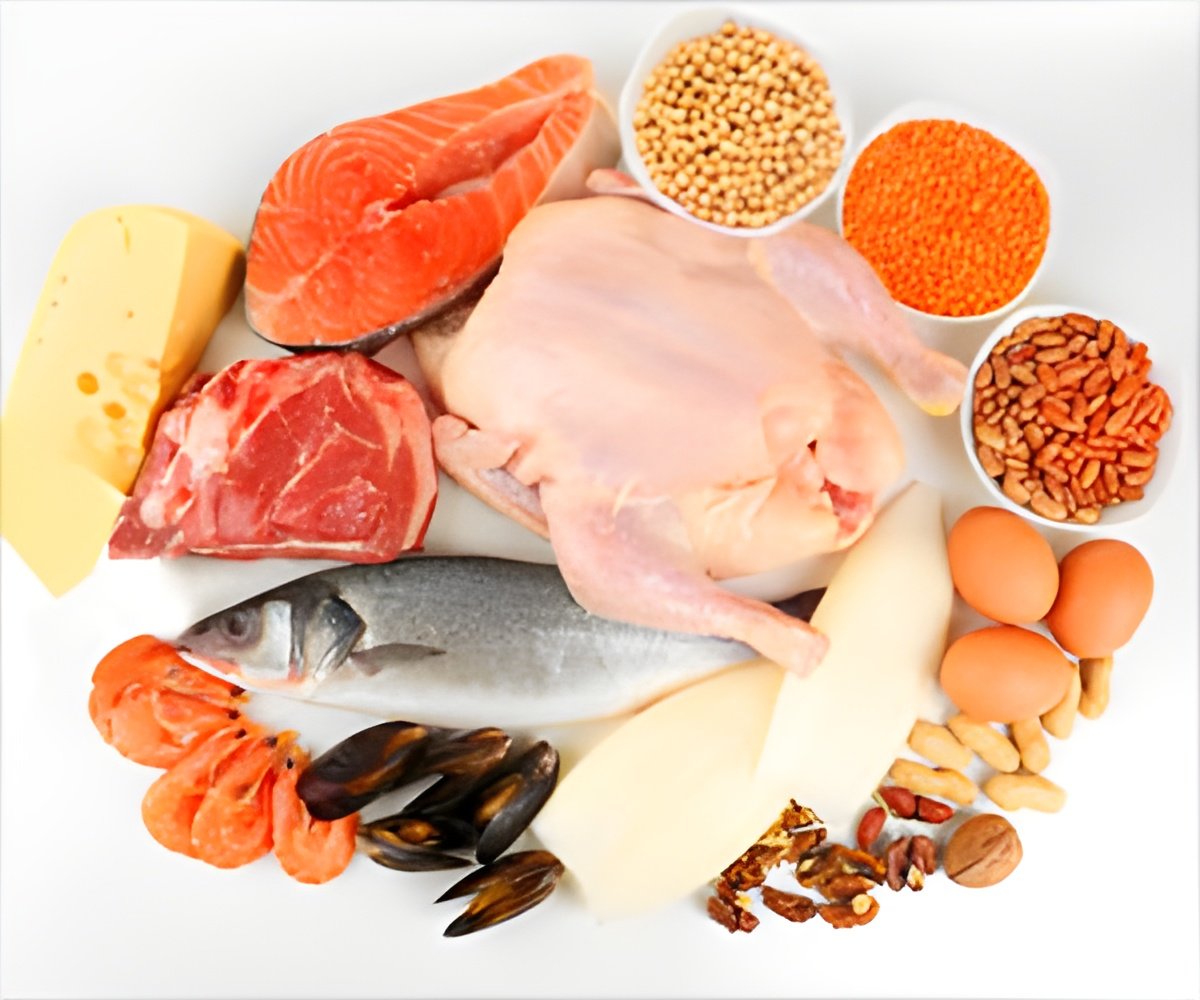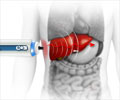Increase in dietary protein is linked to reduce the liver's fat content in people with nonalcoholic fatty liver disease (NAFLD).

‘Increase in dietary protein was linked to reduce liver fat content in people with nonalcoholic fatty liver disease (NAFLD).’





NAFLD sometimes referred to as a "fatty liver"--occurs when more than 5 percent of the liver's total weight is made up of fatty tissue. Excessive fat in the liver can lead to scarring, which may increase the risk of liver cancer or liver failure.People with NAFLD are more likely to develop type 2 diabetes, and people with type 2 diabetes are more likely to develop NAFLD. In fact an estimated 70 percent of people with type 2 diabetes also have a fatty liver. Obesity is also a major risk factor for NAFLD.
Previous studies have found that short-term protein supplementation helps reduce the fat content in the liver, but there have been few studies on the long-term effects of protein on NAFLD.
Researchers conducted a two-year study to determine the long-term impact of dietary protein on a fatty liver after weight loss. This study was part of the PREVIEW study, which aims to identify the most efficient lifestyle pattern for the prevention of type 2 diabetes in a population of pre-diabetic overweight or obese individuals.
Twenty-five adult volunteers--15 of whom had been previously diagnosed with NAFLD--participated in a low-calorie diet for eight weeks to lose up to 8 percent of their body weight.
Advertisement
The research team took blood and urine samples and performed body scans to assess liver fat content and the amount of protein eliminated from the volunteers' bodies at three intervals: the start of the weight maintenance phase and again six months and then two years later.
Advertisement
"These findings stress the clinical implications and potential benefits of increased protein intake after weight loss for people with NAFLD at risk to develop diabetes," the researchers wrote.
Source-Eurekalert














